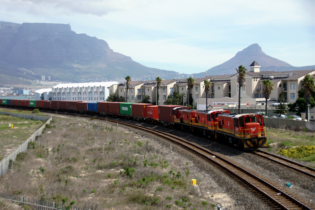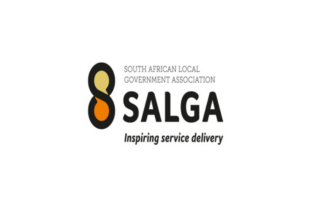However, in a challenging market that has seen some decline in volumes recently, this cost-efficiency requires a network of both international and local logistics providers to move the fuel from port to distributor. Rail might be useful in transporting fuel from ports to inland depots, but road transport from depots to retail distributors will provide flexibility without the need for multi-modal solutions.
“We’re very much testing the waters at the moment, with the cross-border partnerships we have already,” says Van Wyk. “In the fuel sector, we’d like to expand into Zambia and the DRC, but these are difficult markets with their own hurdles. “It’s quite a challenge to run cross-border operations all the way up and down the SADC countries, so demonstrating your ability to do the job is a major factor,” Van Wyk adds. “We have learnt that customers always feel more comfortable if you have a local presence in the countries you’re supplying.” He believes that pickup-to-delivery tracking of loads, strategic logistics software and constant communication with customers, particularly in the event of any glitches, is the kind of capability a logistics specialist needs to offer if they are to compete in this sector. By transporting fuel by road from ports closer to the cargo’s final destination, energy companies can save on transportation costs. Factor in the clean fuel gap – the fact that the environmental benefits of energy companies switching to greener hydrocarbon sources are reduced, or even negated completely, by the carbon costs of transporting that fuel long distances – and it is clear that regional ports closer to fuel markets make sound financial sense. However, in order to service the market cost-effectively, it is also important that transporters have a sufficient footprint, both in ports and the destination countries. Logistics companies operating in South Africa also need to achieve a high enough BBBEE rating. “This is something of a niche market,” Van Wyk concludes, “but a logistics partner that pays attention to SHEQ and their ability to deliver the load on time at a competitive price, through a network of subsidiaries with local expertise, should be able to create several mutually beneficial partnerships as these new fuel channels grow.”
The development of several southern African ports is enabling new routes for fuel imports to SADC countries.
However, energy companies will require local networks of logistic partners to make these imports cost-effective
Hennie Van Wyk, general manager at Crossroads Distribution, believes there are three vital areas to get right: safety, capability and cost-effectiveness.
Until fairly recently, the southern African fuel industry has been based in Durban, Cape Town and Mossel Bay, where imported oil or locally produced gas from offshore fields is refined into various types of fuel and then distributed throughout South Africa and the SADC region.
However, the completed expansion of the facilities at Matola, the port of Maputo in Mozambique, along with the on-going expansion of Richards Bay, Walvis Bay in Namibia, and the central and northern Mozambican ports of Beira and Nacala, is facilitating a growing trend of SADC countries buying refined fuels on the global market and importing them directly into different SADC regions, such as Botswana, Zambia and Zimbabwe.
The new ports, with enhanced storage, safety, and transportation infrastructure – and the advantage of being a lot closer to various SADC fuel markets – will allow energy companies to serve these markets more cost-effectively.








